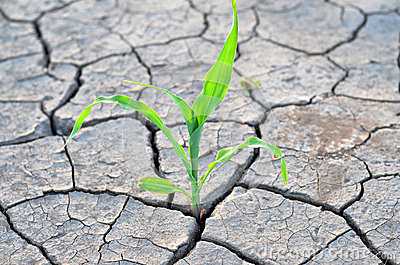In order to promote agricultural activities and turning the dry land into a fertile area, the state government is going to employ 200 clusters in 25 districts in Tamil Nadu. The initiative has been taken under the Mission on Sustainable Dryland Agriculture (MSDA) which will further improve the livelihood of farmers who depend on monsoons.
The mission includes baseline survey, capacity building, formation of village-level clubs, entry-point activities, agronomic interventions, land development activities, assistance for custom hiring centres, assistance for value addition and husbandry activities.
Read more: Captain Amarinder Singh likely to waive farmers’ loan
Director of Agriculture, V Dakshinamoorthy, told Express,“ The MSDA will be implemented in a period of four years in 25 districts. The total project cost is Rs 802.90 crore”.
“For the current financial year, Rs 175.16 crore will be spent for implementation of the project’s first phase, which was set in motion last year,” he added.
The project will boost the cultivation in rain-fed areas, especially where most pulses and oilseeds are grown in the state. 200 clusters of land with each consisting of 2,500 acres will be established in the current financial year. This will promote farming activities, for which farmer’s club at village panchayat level was constituted.
However, till now, 837 farmers’ clubs have been formed, including 158 registered under the Tamil Nadu Societies Registration Act, 1975.
Moreover, 125 master trainers have been to impart technical knowledge at the state level and 1,000 officers at the district level. In order to further implement the programme effectively, cluster development teams and block level teams have been established.
Dakshinamoorthy said, “As part of the entry point activities, water conservation structures, farm ponds, percolation ponds and check dams will be constructed. The farmers, forming part of the clubs for dry land agriculture, are being given subsidies for various farm activities, including ploughing, seeds and micro-nutrients”.

















